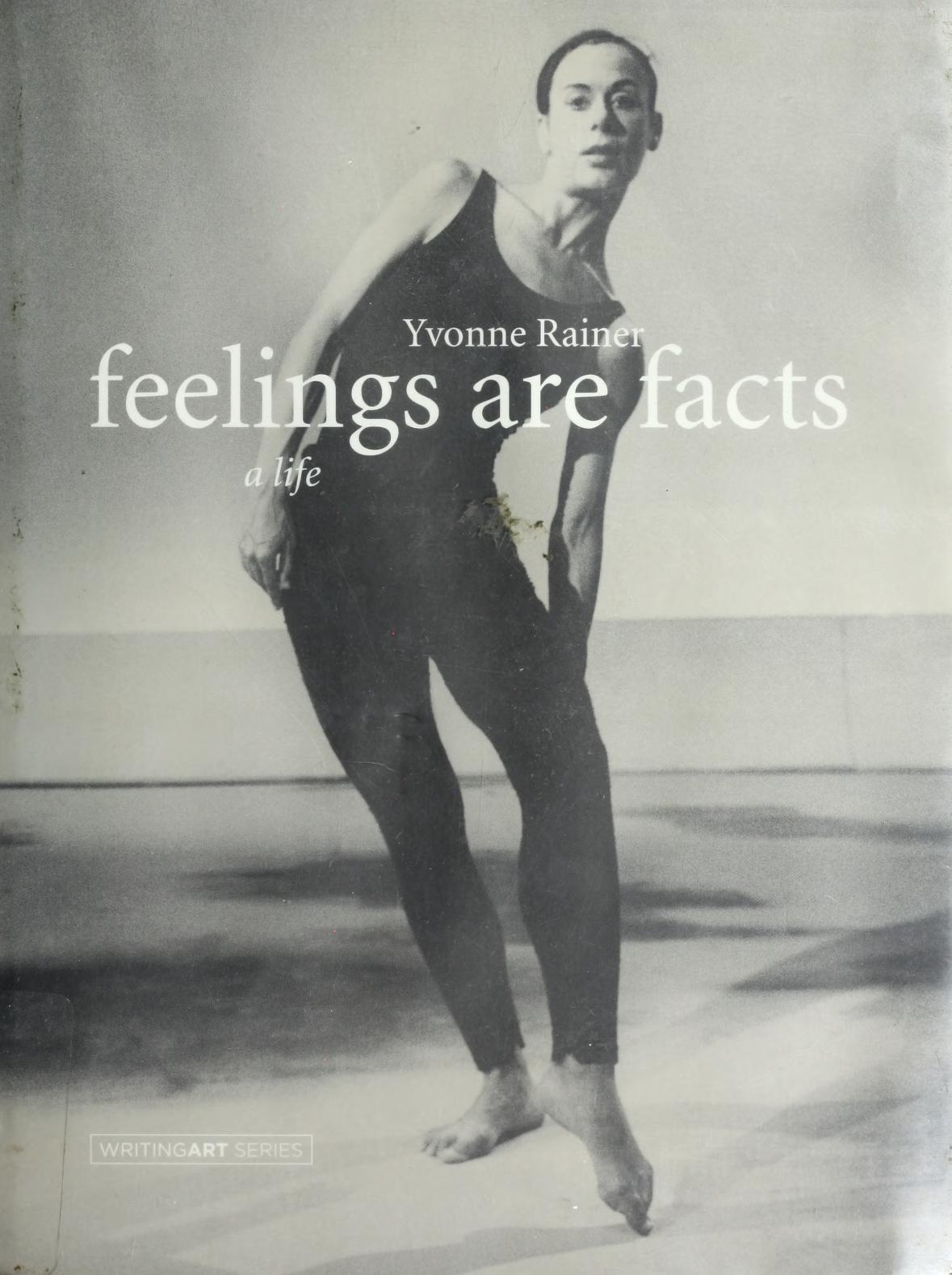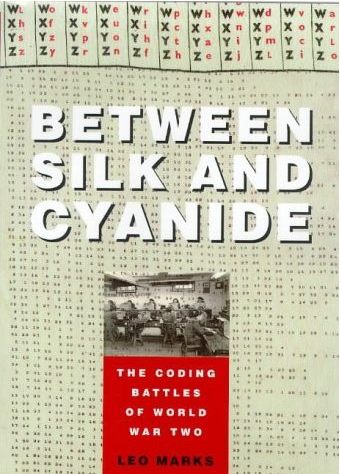Ellen Ullman: Life in Code: A Personal History of Technology (2017)
Filed under book | Tags: · artificial intelligence, code, computing, history of technology, internet, memoir, programming, technology

“The last twenty years have brought us the rise of the internet, the development of artificial intelligence, the ubiquity of once unimaginably powerful computers, and the thorough transformation of our economy and society. Through it all, Ellen Ullman lived and worked inside that rising culture of technology, and in Life in Code she tells the continuing story of the changes it wrought with a unique, expert perspective.
When Ellen Ullman moved to San Francisco in the early 1970s and went on to become a computer programmer, she was joining a small, idealistic, and almost exclusively male cadre that aspired to genuinely change the world. In 1997 Ullman wrote Close to the Machine, the now classic and still definitive account of life as a coder at the birth of what would be a sweeping technological, cultural, and financial revolution.
Twenty years later, the story Ullman recounts is neither one of unbridled triumph nor a nostalgic denial of progress. It is necessarily the story of digital technology’s loss of innocence as it entered the cultural mainstream, and it is a personal reckoning with all that has changed, and so much that hasn’t.”
Publisher Farrar, Straus & Giroux, 2017
ISBN 9780374534516, 0374534519
viii+306 pages
via andre
Video talk (54 min, 2017)
Reviews: J.D. Biersdorfer (New York Times, 2017), Jessica Bennett (Elle, 2017).
Comment (0)Yvonne Rainer: Feelings Are Facts: A Life (2006)
Filed under book | Tags: · biography, choreography, dance, film, memoir

“In this memoir, dancer, choreographer, and filmmaker Yvonne Rainer traces her personal and artistic coming of age. Feelings Are Facts (the title comes from a dictum by Rainer’s one-time psychotherapist) uses diary entries, letters, program notes, excerpts from film scripts, snapshots, and film-frame enlargements to present a vivid portrait of an extraordinary artist and woman in postwar America.
Rainer tells of a California childhood in which she was farmed out by her parents to foster families and orphanages, of sexual and intellectual initiations in San Francisco and Berkeley, and of artistic discoveries and accomplishments in the New York City dance world. Rainer studied with Martha Graham and Merce Cunningham in the late 1950s and early 1960s, cofounded the Judson Dance Theater in 1962, hobnobbed with New York artists including Robert Rauschenberg, Robert Morris (her lover and partner for several years), and Yoko Ono, and became involved with feminist and antiwar causes in the 1970s and 1980s. Rainer writes about how she constructed her dances—including The Mind Is a Muscle and its famous section, Trio A, as well as the recent After Many a Summer Dies the Swan—and about turning from dance to film and back to dance. And she writes about meeting her longtime partner Martha Gever and discovering the pleasures of domestic life.”
Publisher MIT Press, 2006
Writing Art series
ISBN 9780262182515, 0262182513
xvi+473 pages
Reviews: John Rockwell (NYT, 2006), Ian White (Afterall, 2007), Daniel Ross (Screening the Past, 2007), Deborah Jowitt (Dance Research, 2008).
PDF (62 MB, no OCR)
Comment (0)Leo Marks: Between Silk and Cyanide (1998)
Filed under book | Tags: · 1940s, biography, cryptography, memoir, poetry, war

Background image on the cover is a ‘Worked Out Key’ (WOK) printed on silk; photograph shows FANY radio operators receiving morse code transmissions from secret agents.
“In 1942, Leo Marks left his father’s famous bookshop, 84 Charing Cross Road, and went off to fight the war. He was twenty-two. Soon recognized as a cryptographer of genius, he became head of communications at the Special Operations Executive (SOE), where he revolutionized the codemaking techniques of the Allies and trained some of the most famous agents dropped into occupied Europe, including “the White Rabbit” and Violette Szabo. As a top codemaker, Marks had a unique perspective on one of the most fascinating and little-known aspects of the Second World War.
Writing with the narrative flair and vivid characterization of his screenplays, Marks gives free rein to his keen sense of the absurd and his wry wit, resulting in a thrilling and poignant memoir that celebrates individual courage and endeavor, without losing sight of the human cost and horror of war.
In an interview with Channel Four included in the DVD of the film Peeping Tom, Marks quoted General Eisenhower as saying that his group’s work shortened the war by three months, saving countless lives.”
Publisher Free Press, New York, 1998
ISBN 0743200896
416 pages

